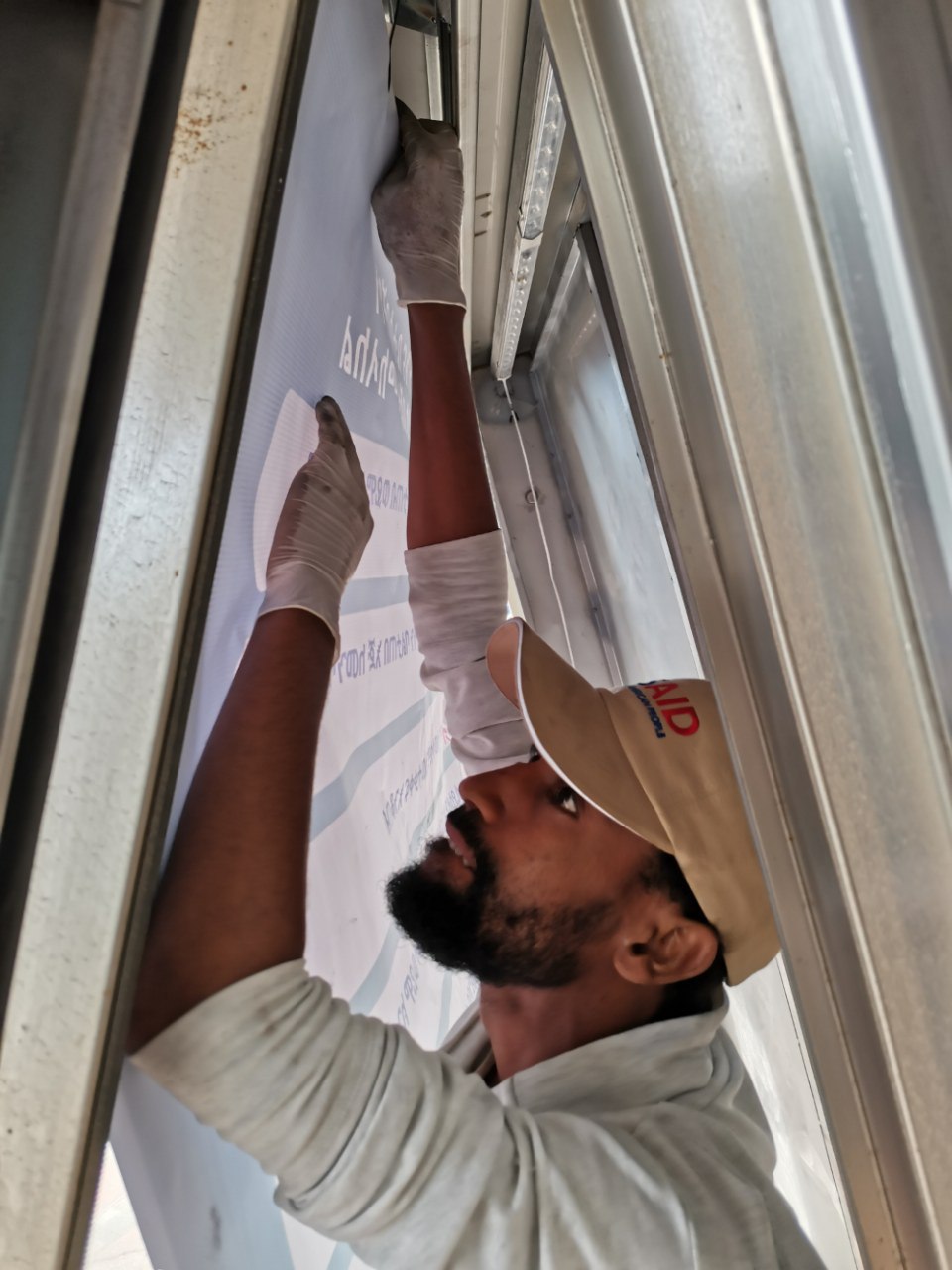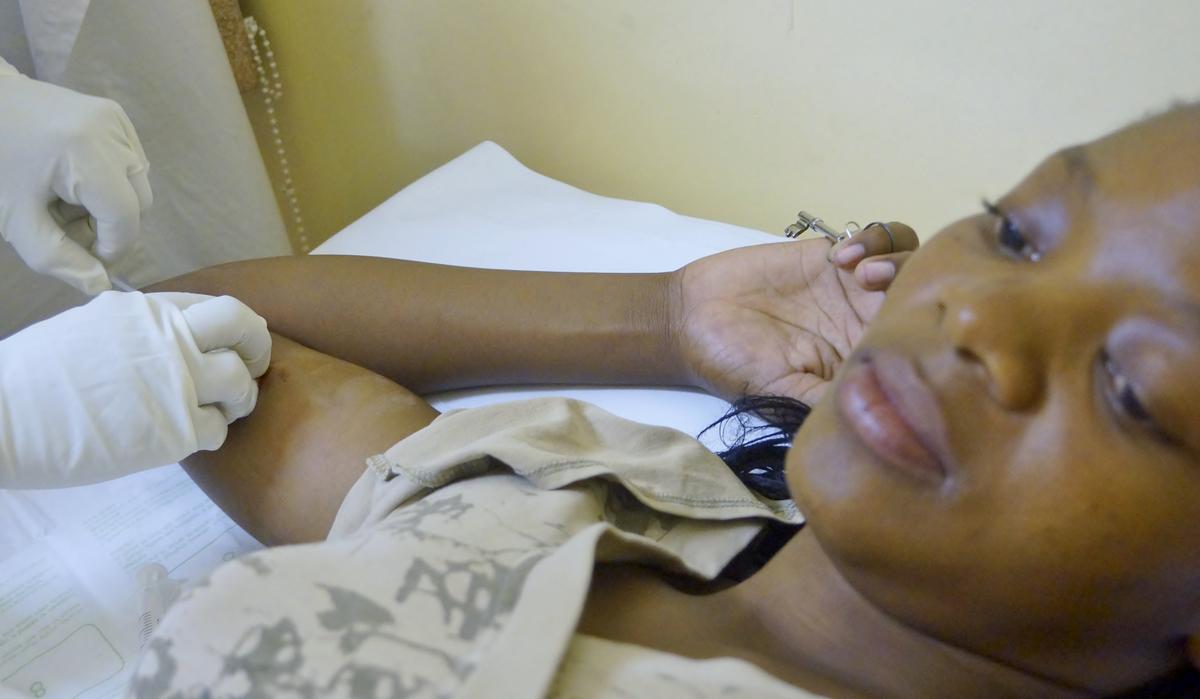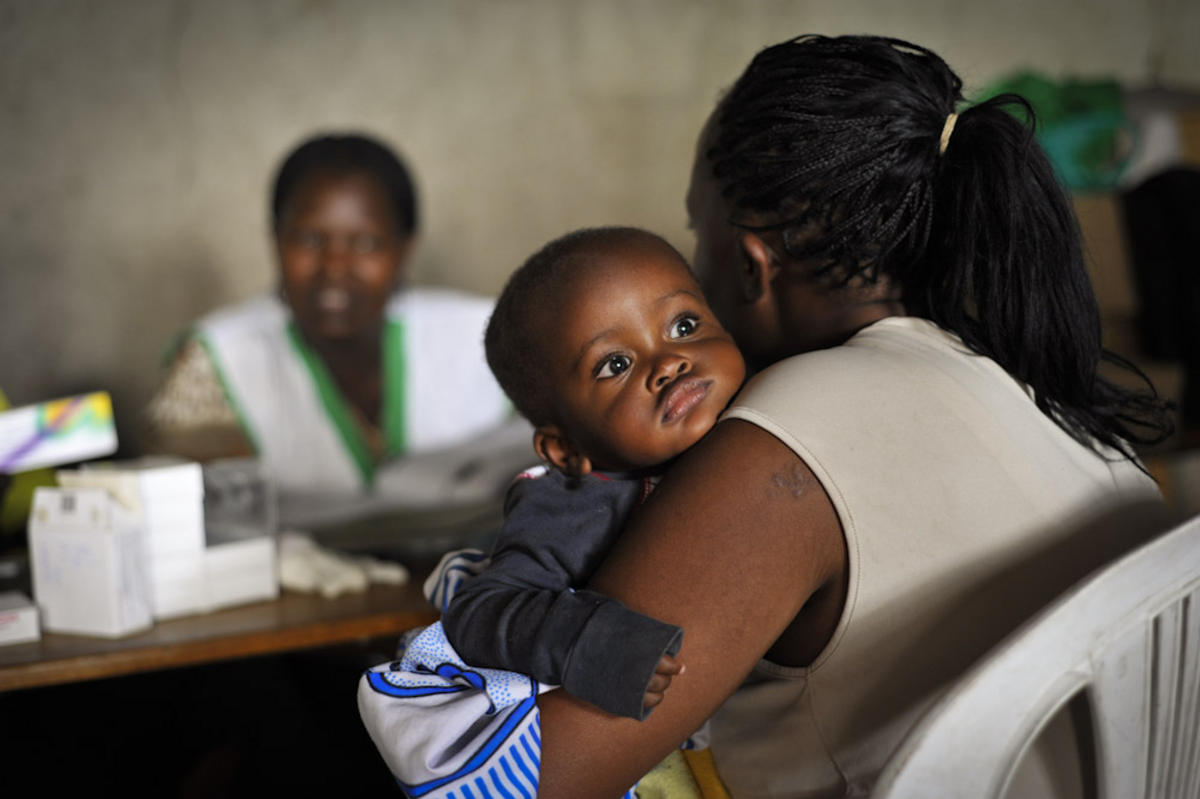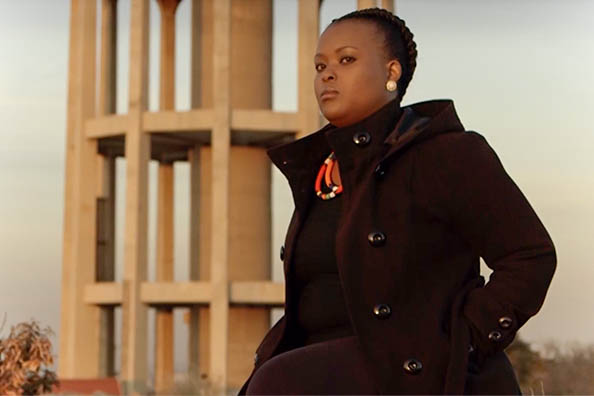
Reducing Meat Consumption for a Healthier Planet
Working with local partners Indonesia, Ghana and South Africa, CCP is encouraging people to go meatless on Mondays.

Working with local partners Indonesia, Ghana and South Africa, CCP is encouraging people to go meatless on Mondays.

USAID has awarded nearly $10 million to the Johns Hopkins Center for Communication Programs to help 18 countries respond to the COVID-19 pandemic through risk communication and community engagement activities.

Viewers across Africa can now watch CCP’s highly-rated, Peabody Award-winning TV series about HIV on Netflix.

But the high rate of HIV infections, despite gold-standard care in the trial, is a call to action for improved HIV prevention and contraceptive choice for women that addresses social and structural factors influencing behavior.

A clinical trial is exploring a potential link between certain contraceptives and HIV acquisition. Careful dissemination of the findings is vital to keeping women safe and family planning momentum going, says CCP’s Susan Krenn.

USAID asked CCP to help understand how to improve adherence to HIV medications in South Africa among those who were struggling the most to stay on treatment.

“I have heard some girls saying, ‘We now want guys who are circumcised, we no longer want the uncircumcised ones as they may have [HIV/AIDS]’,” one uncircumcised 16-year-old from Zimbabwe told researchers.

A new case study by the Johns Hopkins Bloomberg School of Public Health Center for Communication Programs (CCP) examines efforts to scale up access to and demand for Voluntary Medical Male Circumcision (VMCC) in South Africa. Beginning in February 2012, the Brothers for Life initiative

Johns Hopkins Bloomberg School of Public Health Center for Communication Programs (CCP) is proud to announce the launch of an exceptional new campaign in South Africa: ZAZI. ZAZI aims to reduce the HIV incidence among South African women, in addition to, preventing unwanted pregnancies, diminishing

The multi award-winning HIV drama series Intersexions and national Brothers For Life received honors at the African Network for Strategic Communication in Health and Development (AfriComNet) annual awards for excellence in HIV and AIDS communication in Africa. The 2012 AfriComNet awards ceremony was held on
Receive the latest news and updates, tools, events and job postings in your inbox every month